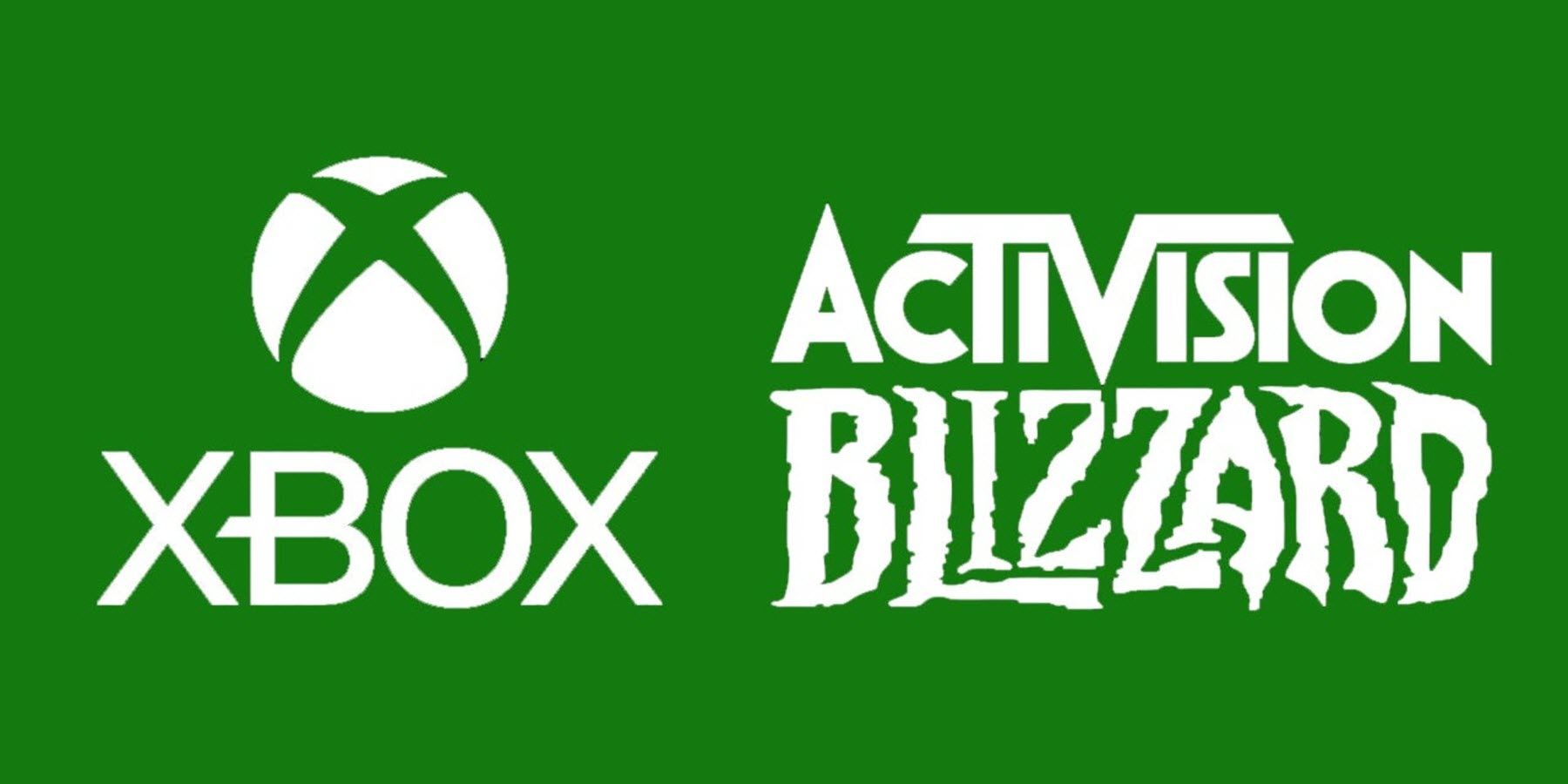Activision Blizzard Acquisition: FTC's Appeal And Next Steps

Table of Contents
The FTC's Appeal: Key Arguments and Concerns
The FTC's appeal centers on its belief that the Microsoft-Activision Blizzard merger would substantially lessen competition within the video game market, creating a monopoly and harming consumers. The agency argues that allowing the acquisition would give Microsoft an unfair competitive advantage, stifling innovation and potentially leading to higher prices and fewer choices for gamers.
The FTC's core concerns include:
- Reduced competition in the gaming console market: Microsoft acquiring Activision Blizzard, a major game developer, could give it an unfair advantage over competitors like Sony and Nintendo, particularly regarding exclusive titles. This could lead to a decrease in the quality and variety of games available on competing platforms.
- Stifled innovation in cloud gaming: The FTC argues that the merger could limit innovation in the rapidly growing cloud gaming market, as Microsoft could leverage its control over Activision Blizzard's titles to exclude competitors and limit consumer choice.
- Potential for higher prices and fewer choices for consumers: The consolidation of power could lead to increased prices for games, subscription services, and potentially even gaming hardware. Consumers could also face a reduced selection of games and potentially less innovation in gameplay mechanics and genres.
The FTC's legal strategy relies heavily on precedent set in previous antitrust cases, highlighting similar concerns about market dominance and the potential for anti-competitive behavior. The appeal significantly impacts the timeline of the acquisition, potentially delaying or even preventing the deal from closing.
Microsoft's Response and Defense Strategy
Microsoft has vigorously defended the acquisition, arguing that the FTC's concerns are unfounded. Their counterarguments center on the competitive nature of the gaming market and the concessions they've offered to address regulatory concerns.
Key elements of Microsoft's defense strategy include:
- Long-term Call of Duty licensing agreements with competitors: Microsoft has proposed long-term licensing agreements to ensure Call of Duty remains available on competing platforms like PlayStation, thereby maintaining competition in the market.
- Commitment to maintaining Activision Blizzard's multi-platform releases: Microsoft has pledged to continue releasing Activision Blizzard games across multiple platforms, preventing the exclusivity that the FTC fears.
- Investment in cloud gaming infrastructure: Microsoft's commitment to investing in its cloud gaming infrastructure aims to demonstrate its intention to foster competition and innovation, rather than stifle it.
Microsoft's legal strategy hinges on demonstrating that the acquisition will benefit consumers through increased innovation and broader game availability. The success of their strategy depends on convincing the courts that their concessions adequately address the FTC's concerns.
Impact on the Gaming Industry and Consumers
The outcome of the FTC's appeal will have profound consequences for the gaming industry and consumers alike. A successful appeal could set a significant precedent for future mergers and acquisitions in the gaming sector, increasing regulatory scrutiny and potentially hindering future consolidation. Conversely, a failure of the appeal could signal a shift towards greater industry consolidation.
Potential consequences include:
- Increased game prices: Reduced competition could lead to higher prices for games, subscriptions, and potentially even gaming hardware.
- Changes in game availability across platforms: The outcome will influence the availability of popular Activision Blizzard titles on different consoles and platforms.
- Impact on game development and innovation: The level of competition will directly impact the pace and direction of game development and the introduction of innovative features.
The implications for gamers are significant. Accessibility to games, pricing, and the quality and variety of future releases are all at stake in this high-stakes legal battle.
The Role of International Regulators
The Activision Blizzard acquisition is not solely a US affair. International regulatory bodies, such as the European Union, have also played a significant role. The EU's approval process and its own regulatory considerations significantly impact the global implications of the merger's ultimate fate. Different regulatory landscapes in various countries create a complex international dimension to this case, highlighting the global reach of the gaming industry and the challenges of regulating such a large and interconnected market.
Conclusion
The FTC's appeal against the Microsoft-Activision Blizzard merger marks a critical juncture for the gaming industry. The FTC's concerns regarding reduced competition, stifled innovation, and potential harm to consumers are substantial. Microsoft's counterarguments and concessions aim to mitigate these concerns, but the outcome remains uncertain. This landmark case highlights the growing importance of regulatory scrutiny in the ever-expanding gaming market. The uncertainty surrounding the future of the Activision Blizzard acquisition underscores the need for continuous monitoring of this ongoing legal battle. Stay informed about the developments in the Activision Blizzard acquisition; the future of gaming may depend on the outcome of this landmark case. Continue to research the Activision Blizzard acquisition to understand its potential impacts on the gaming landscape.

Featured Posts
-
 Israel Strikes Hamas Leader Mohammed Sinwar In Gaza
May 16, 2025
Israel Strikes Hamas Leader Mohammed Sinwar In Gaza
May 16, 2025 -
 Dodgers Masterplan Will The Padres Allow It To Succeed
May 16, 2025
Dodgers Masterplan Will The Padres Allow It To Succeed
May 16, 2025 -
 Leo Carlssons Two Goal Performance Overshadowed By Stars Overtime Victory
May 16, 2025
Leo Carlssons Two Goal Performance Overshadowed By Stars Overtime Victory
May 16, 2025 -
 Amber Heards Twins A New Chapter In The Musk Heard Saga
May 16, 2025
Amber Heards Twins A New Chapter In The Musk Heard Saga
May 16, 2025 -
 Australias Election A Deep Dive Into Albanese And Duttons Platforms
May 16, 2025
Australias Election A Deep Dive Into Albanese And Duttons Platforms
May 16, 2025
